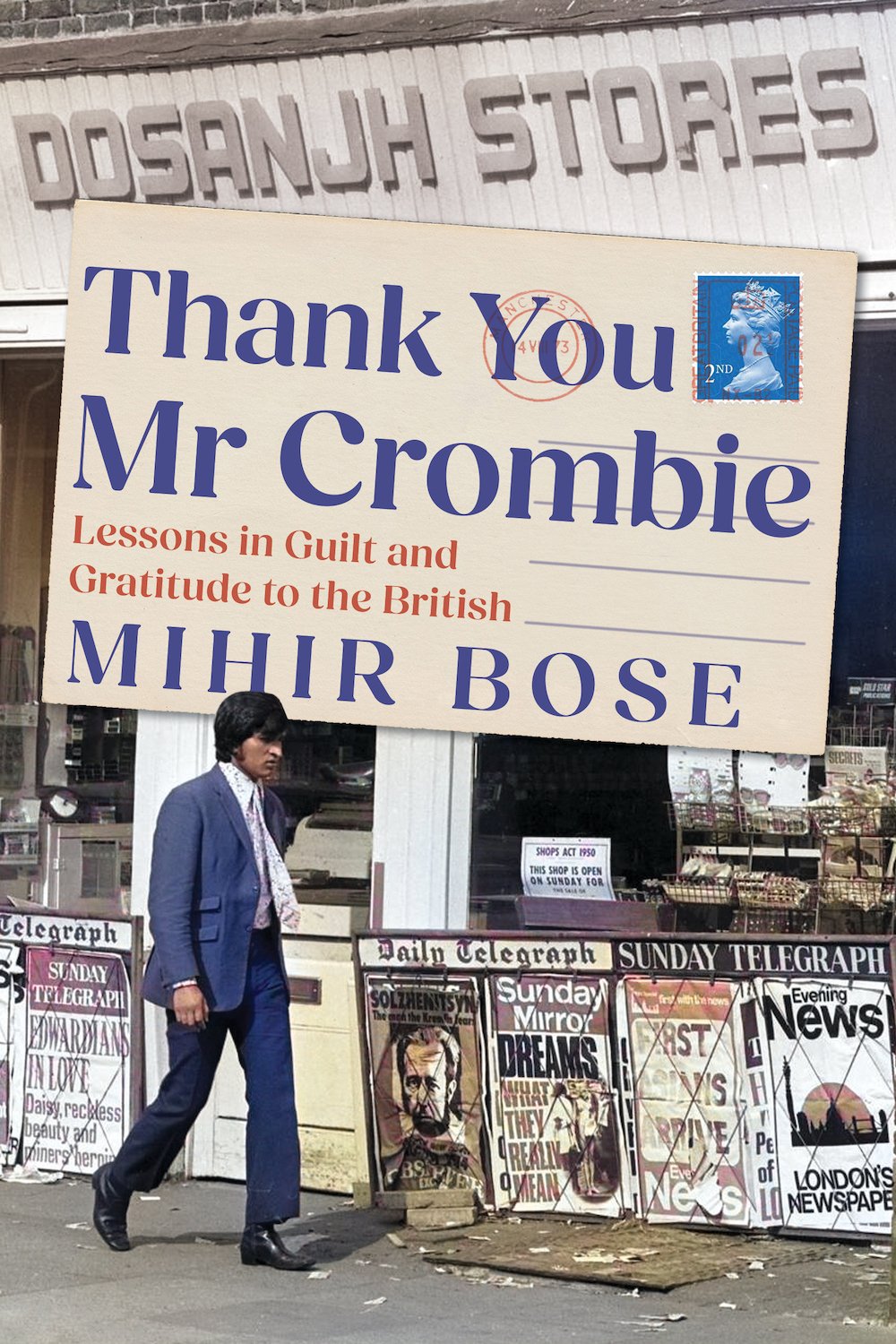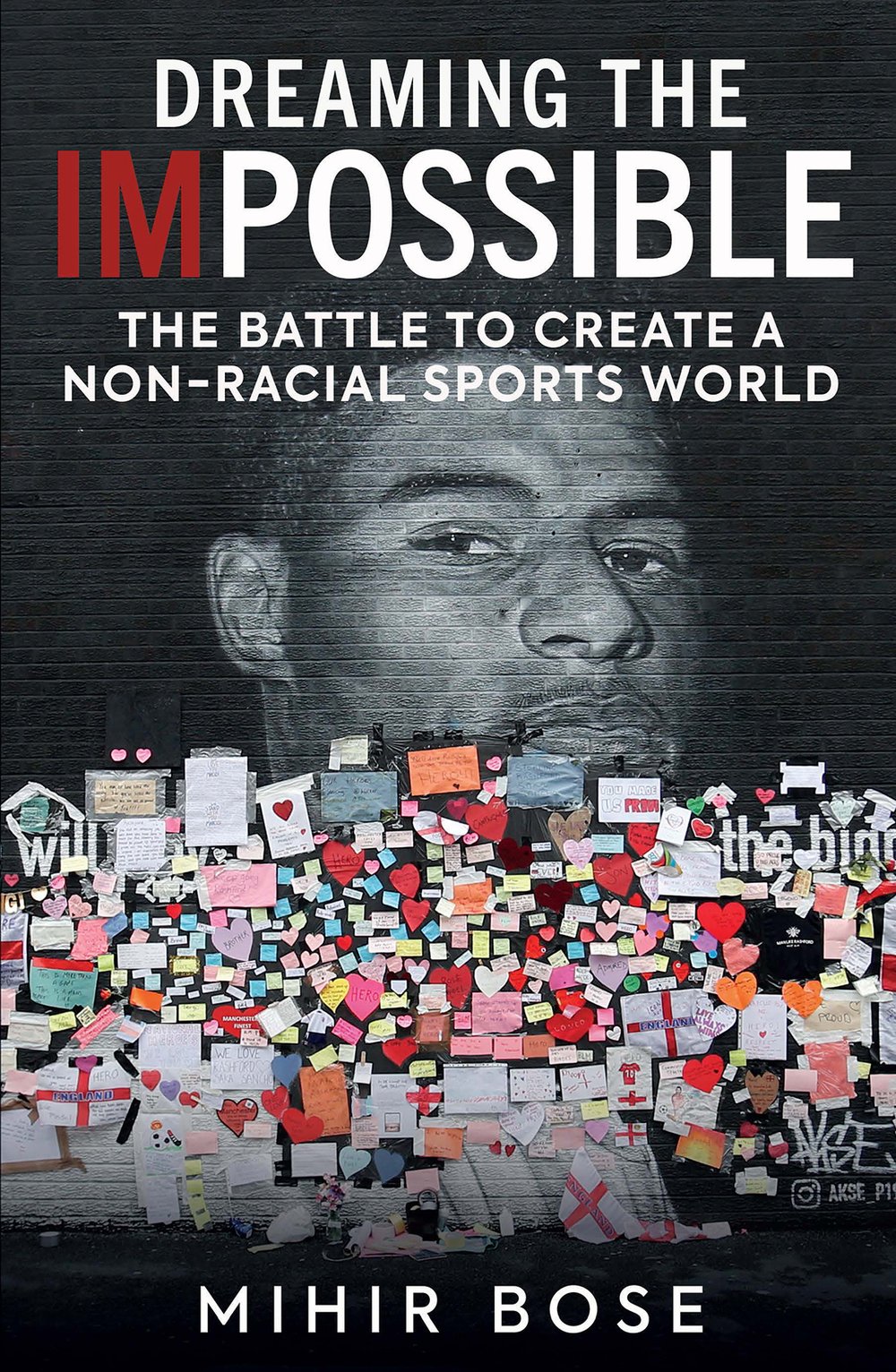Thank You Mr Crombie
Lessons in Guilt and Gratitude to the British

Mihir Bose, born in Kolkata shortly before Indian independence in 1947, still feels enormous gratitude towards Mr Crombie of the UK’s Home Office, who confirmed his permanent resident’s rights. After studying in Britain, Bose had dreamed of making a life and career there; now he could pursue it. Shiva Naipaul mocked him for reembracing the colonial lash, doubting Bose’s prospects as a writer – but he was wrong.
This absorbing account shows how Britain has changed dramatically for the better since the ’60s. Then, Indian food was shunned, not adored; landladies wouldn’t rent Bose a room; white women would not have relationships for fear of mixed babies; and he suffered several assaults, fearing for his life.
Bose could not imagine then that the British would take such great strides towards multi-racial harmony. Yet Britain’s complex, sometimes deeply shameful, imperial legacy must still be addressed. India, defying its doubters, has been coming to terms with its tortured past. Can twenty-first–century Britain grow once again and earn the gratitude of future generations?

Mihir Bose has enjoyed colonial dividends working for The Sunday Times and The Daily Telegraph, was the BBC's first sports editor and first non-white editor, and has written over fifty books, winning several awards. He was the first journalist in the UK to specialise in covering the business of sport.

